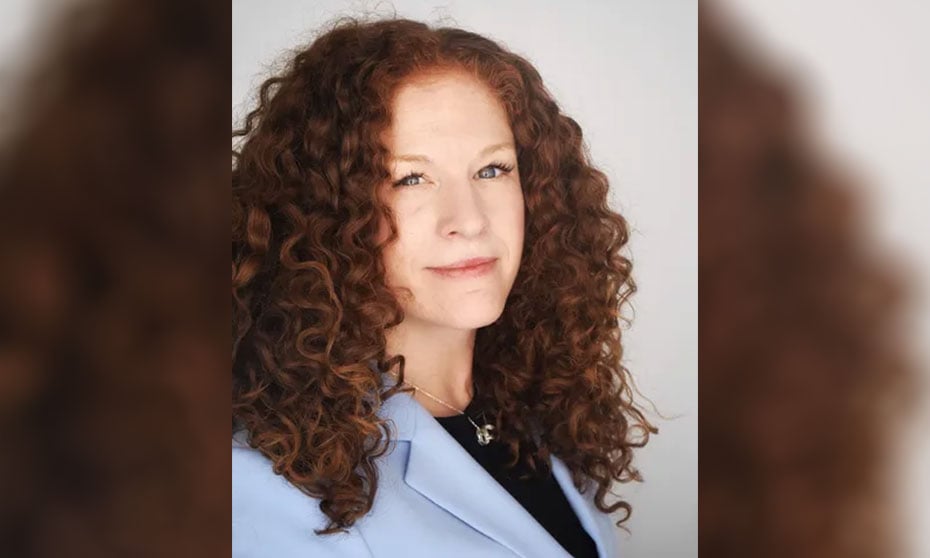
Spreading knowledge about residential real-estate – particularly in Toronto – is an access-to-justice issue, says Tannis Waugh

After 16 years working real-estate law in Toronto, and in the hopes of equipping Torontonians with the tools to navigate the city’s notorious housing market, lawyer Tannis Waugh just launched a real-estate podcast Game of Homes, with her inaugural episode focusing on cannabis-related condo regulation.
Dropping exactly one year into the legal-cannabis era, the first episode of examines how residential real-estate is absorbing the impacts of legalization. Cannabis in Condoland was released Oct. 17 and discusses what the new regulations are and how they are working for condo boards, property managers and owners.
“Cannabis legalization presented an opportunity for all sorts of different issues with real estate,” says Waugh, who is a certified by the Law Society of Ontario as a real-estate specialist. “The most significant one in my mind is really in condos because people are living on top of each other and cannabis can be a significant nuisance.”
Affordability
“My broader goal here is looking at different forms of addressing affordability issues,” she says.
Waugh says she’s witness major shifts in Toronto’s real estate since she’s been a lawyer, much of which is a response to declining affordability. Housing is viewed with a greater emphasis on investment, short-term rentals as a business are on the rise and there are more requests for tenancy advice on behalf of landlords, she says. Owners are using their principal residence as a short-term rental, there is an increase in non-spousal co-ownership agreements and parents going on title with their kids, so they can qualify for a mortgage.
“These are responses to affordability —and with new uses, come new legal issues,” she says.
Condo boards versus legal weed
With her podcast launching the day of cannabis-edibles legalization and exactly a year into Canada’s experiment with lawful pot-smoking, Waugh says she wanted to introduce the podcast with a topic on the sexier side of her practice area.
“Real estate lawyers get very excited when something new happens, because for a long time, that wasn't necessarily the case,” she says. “I wanted something for the first episode that would be a little less dry than some of the other topics, like co-ownership and ‘What is a title insurance policy?’”
For the inaugural podcast, Waugh says she interviews a lawyer who represents condo boards, and who says boards are “really worried” about issues arising from cannabis use in their buildings.
Canadian Lawyer reported in August 2018, that with cannabis legalization on the horizon, condo corporations were scrambling to get restrictions in place. The fear of the impending nuisance of smoke penetration caused the condo owners to develop rules banning smoking in units, on balconies and in common areas. Condos have power under s. 58 of the Condominium Act to “promote the safety, security and welfare” of owners and property and to prevent “unreasonable interference with the enjoyment” of units and common elements, according to Ontario’s provincial legislation.
Meanwhile, condo owners voiced their indignation about being banned from taking part in a legal activity inside their own private home, said Gowling WLG civil litigator Rodrigue Escayola and Denise Lash, founder of Lash Condo Law, last August.
Over a year later, many condo corporations have imposed smoke-bans on their residents, Waugh says.
“There are many buildings in Toronto that have significant prohibitions and have really locked that down,” she says.
While the rules have “carve-outs” for medicinal-cannabis smokers, she says it will be interesting to see if recreational users decide to fight their condo boards on the restrictions.
Podcasting in aid of access to justice
Serving clients navigating Toronto’s notorious real-estate market, Waugh found she was hit with the same questions, day after day, questions she says should be readily available information for those buying and selling real-estate.
“There’s just not a lot of places where people can go to access that kind of information,” she says. “It is an access to justice issue, because we're talking about people's homes, and particularly in markets that are a bit tighter, knowledge about real estate legal issues becomes more and more important.”
An “avid listener” of podcasts, it struck Waugh there was nothing available on the issues that filled her workdays. She says few people consider real estate an access to justice issue but participants in Toronto’s daunting residential real estate market are contending with rising housing insecurity, jargon-laden contracts and constantly changing rules and are overwhelmed.
Future episodes will deal with lane-way housing, mortgage fraud, title insurance, privacy and other matters, says Waugh.